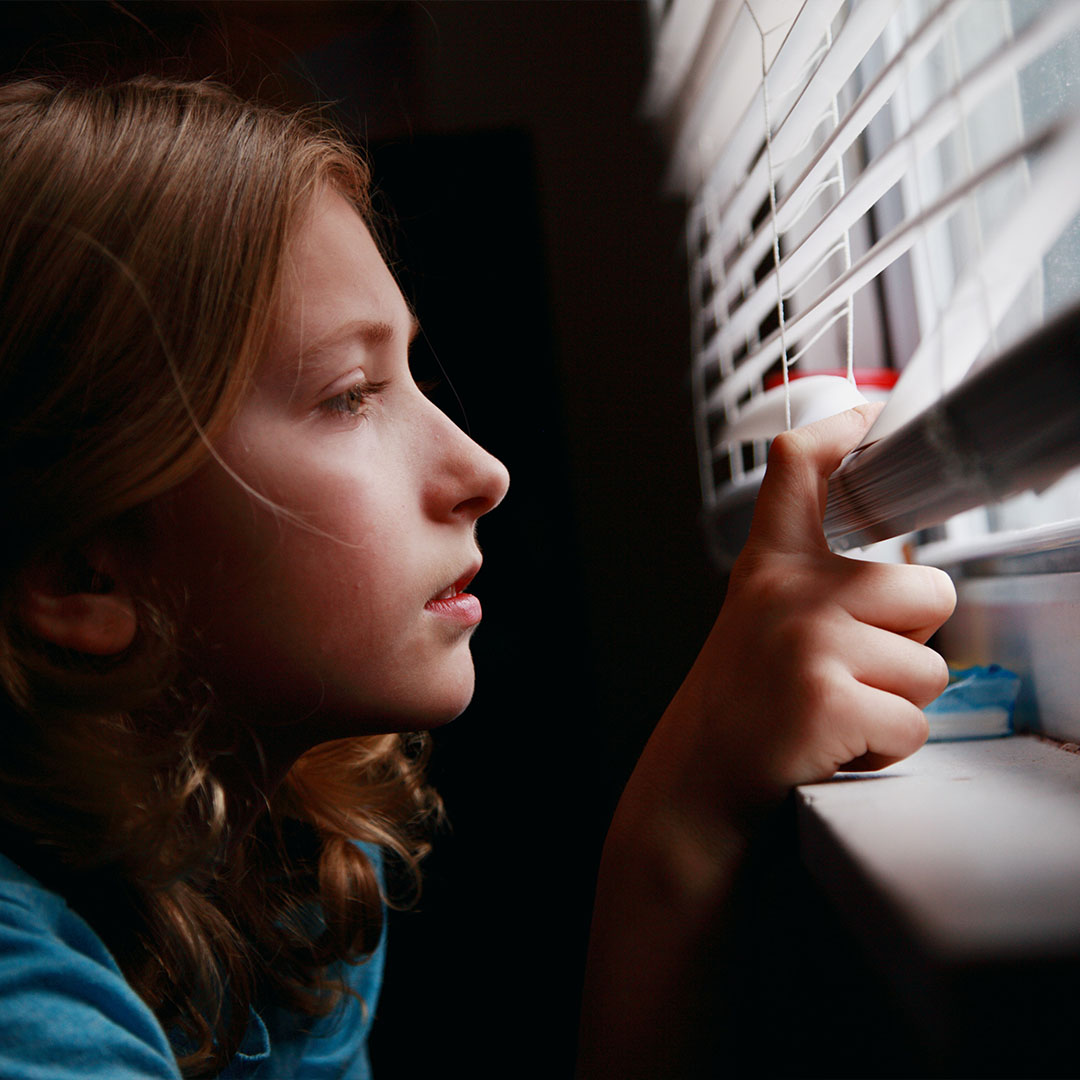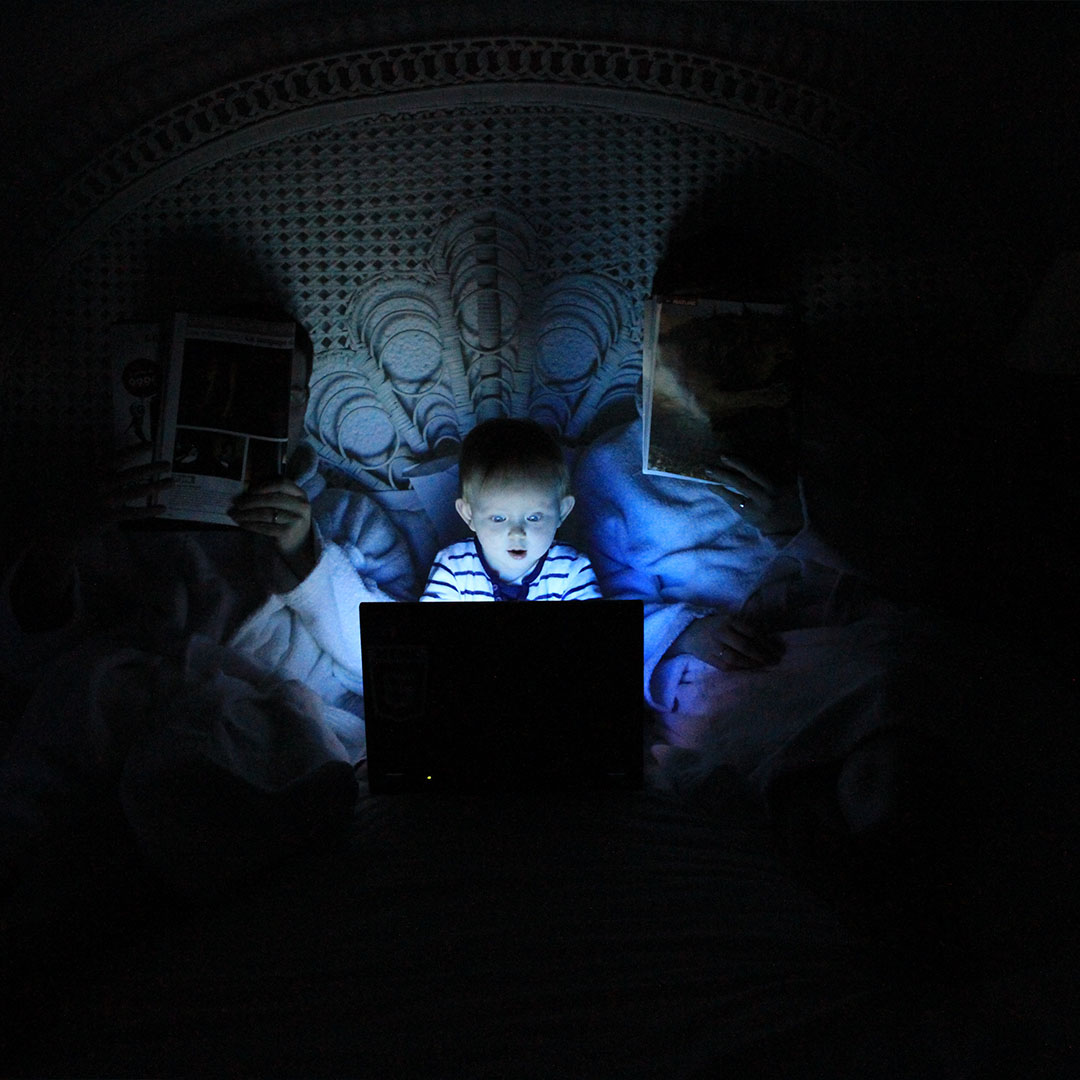Safeguarding
Keeping Children Safe
Deaf Active have safeguarding policies and procedures in place to ensure that every child, regardless of their age, disability, gender reassignment, race, religion or belief, sex, or sexual orientation, has a right to equal protection from harm. This means children are safe from adults and other children who might pose a risk.
What is safeguarding?
Safeguarding is the action that is taken to promote the welfare of children and protect them from harm.
Safeguarding means:
- protecting children from abuse and maltreatment
- preventing harm to children’s health or development
- ensuring children grow up with the provision of safe and effective care
- taking action to enable all children and young people to have the best outcomes.
- Child protection is part of the safeguarding process. It focuses on protecting individual children identified as suffering or likely to suffer significant harm. This includes child protection procedures which detail how to respond to concerns about a child.
For more information on safeguarding please visit:
www.learning.nspcc.org.uk/services/speak-out-stay-safe

Online Safety
The internet is an exciting place for children and young people to learn, get advice and chat with friends. As we use the internet for so many different things it makes sense to ‘stay safe’ online just as you would in the real world.
Tips for Safe Surfing
- Keep your passwords safe and don’t tell anyone else.
- Be careful in chat rooms – even though it might say it is only for young people, there is no way of telling how old people really are.
- Keep your settings on private on social networks. It is really easy for people to clone your profile if it is public, and anyone can see your photographs, contact info etc, never reveal any personal information to anyone you dont know e.g. your name, address, school, email or mobile number.
- Use a nickname instead of your real name in chat rooms or when chatting with anyone online.
- Leave the chat if you feel uncomfortable or worried. Make sure you tell someone you trust if you have an experience like this online.
- Never send photographs of yourself to anyone, once you click send you cant get them back, and the internet is a really big place.
- Log out of websites before you leave a computer so no-one can pretend to be you.

The links below will provide you with more tips and practical information to help you use the internet safely.
